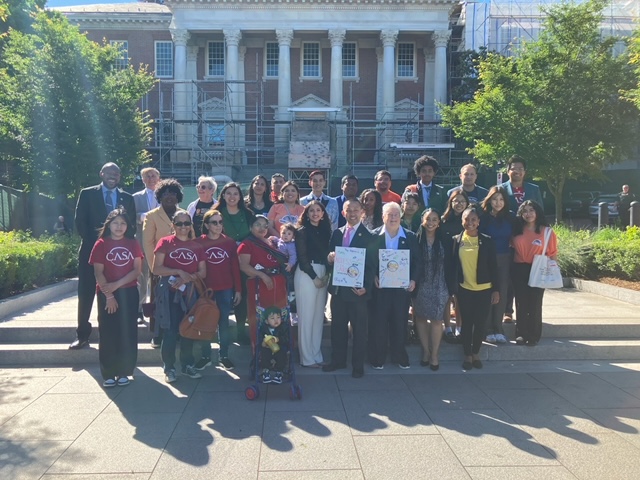Stat
By: Ed Silverman
OCTOBER 19, 2018
The Maryland Attorney General has asked the U.S. Supreme Court to review a decision last spring that a state law enacted to punish generic drug makers for price gouging was unconstitutional.
The law permitted the Maryland Medicaid program to notify the state attorney general when an “essential” drug rises in price by 50 percent or more within the preceding two years. In the event of an “unconscionable” price hike, the attorney general could go to court to seek penalties and, under certain circumstances, require a company to make its drug available to the public program at the previous price.
The law, which had gone into effect last year, emerged amid national debate over rising prices for prescription medicines and was proposed as part of a growing wave of state legislation designed to control the cost of drugs. But Maryland was the only state to enact a law targeting purported price gouging by generic companies.
Last spring, however, a federal appeals court ruled the state law violated interstate commerce by giving Maryland officials the right to govern business outside the state, effectively providing “unprecedented powers to regulate the national pharmaceutical market.” The clause bars states from passing legislation that regulates activity overseen by federal law.
The challenge had been filed by the Association for Accessible Medicines, the trade group for the generic industry, which feared other states might pass similar laws. Over the past couple of years, bills were introduced in New York, Massachusetts, and Rhode Island, according to the National Conference of State Legislatures. And lawmakers in Vermont and Maine have also eyed such legislation.
But in a petition filed with the Supreme Court on Friday, Maryland Attorney General Brian Frosh argued that “not only does the (appeals court) decision prevent Maryland and other states from reining in abusive prescription drug prices that harm their consumers and the public health, but it could call into question other important state regulatory efforts. As a result, the ruling could leave states with diminished power to protect their citizens from injuries that occur in complex commercial markets.”
Frosh further argued the Maryland law “does not discriminate against interstate commerce and it leaves drug manufacturers and distributors completely free to impose price increases on drugs intended for sale in other states. … If states cannot prevent harm to consumers within their territory from sales made within their territory simply because the source of the harm resides out of state, they lose the ability to protect consumers in an important category of cases.”
In a statement, Jeff Francer, the general counsel at the generic trade group, said “We believe the Fourth Circuit Court of Appeals correctly determined that the state of Maryland lacks authority under the Commerce Clause of the Constitution to regulate transactions that occur outside of its borders. The law would harm patients by damaging the national market for more affordable generic medicines.”
Meanwhile, Vincent DeMarco, who heads the Maryland Citizens Health Initiative, which helped spur the law, sent us this: “Too many people in Maryland cannot afford the lifesaving drugs they need, and the General Assembly responded by passing a critically important measure to stop Marylanders from being price gouged by manufacturers of generic and off-patent drugs. We are optimistic that the Supreme Court will consider this case and endorse our efforts to keep drug costs in check.”
Last modified: October 19, 2018


